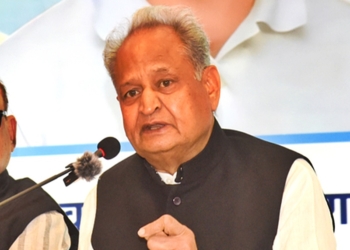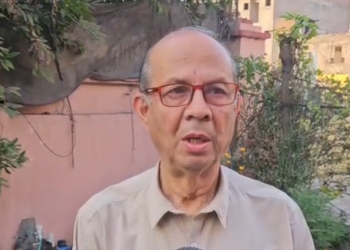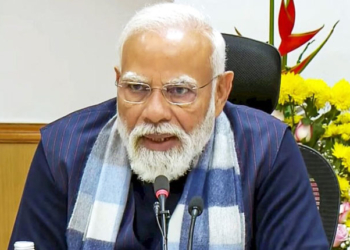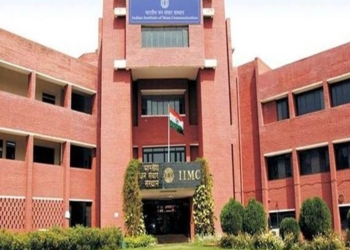New Delhi: A Delhi court has dismissed a revision petition by the Delhi Police against a magisterial court’s order, directing it to release electronic devices confiscated from the editors of the news and opinion website — The Wire.
Additional Sessions Judge of Tis Hazari Courts, Pawan Singh Rajawat upheld the September 23 order of the Chief Metropolitan Magistrate (CMM), saying that the order was purely “interlocutory” in nature.
The essential attribute of an interlocutory order is that it merely decides some point or matter essential to the progress of the case or collateral to the issue sought but not a final decision or judgement on the matter in issue.
The judge rejected the police’s argument that in view of Section 76 of IT Act, the confiscation of electronic devices of respondents was validly done as said devices are suspected to have been used in the commission of offence, saying that the stage of Section 76 IT Act arises only after conclusion of trial as mandated in Section 452 CrPC.
The court also rejected the argument that CMM’s order is not an interlocutory order, stating that the order of release of electronic devices to respondents being owners of such devices was made after having noted that mirror imaging of the devices have been done and custody of the same is no more required to be with Investigating Officer.
The court stressed the vital role of the Press as the “Fourth Pillar of our great Democracy”.
It said: “The Press is considered the Fourth Pillar of our great Democracy and if it is not allowed to function and operate independently, it would cause serious injury to the foundations of our Democracy.”
It noted that the continuous seizure of electronic devices is not only causing undue hardship to the editors but is also encroaching on their fundamental rights to freedom of profession, freedom of speech, and expression.
The CMM had previously stated that there were no reasonable grounds for withholding the devices from The Wire’s founding editors, including Siddharth Varadarajan, MK Venu, Sidharth Bhatia, deputy editor Jahnavi Sen, and product-cum-business head Mithun Kidambi.
While rejecting the Delhi Police’s revision petition, the court affirmed that the editors were working for a news portal and the electronic devices were essential tools for their work.
“The Wire which is engaged in disseminating news and information … the electronic devices were being used for their work,” it said.
The court stated that the order protected the editors’ interests and ensured they were responsible for keeping the devices secure from tampering. The court also highlighted that the order did not decide any rights but focused solely on the interim custody of the devices.
“The impugned order not only safeguarded the interest of the respondents but has also ensured that respondents are duty bound to keep the devices safe from tampering and in case they notice any anomaly with the devices, the same shall be immediately notified to the IO..” the court said.
The Delhi Police’s opposition to releasing the devices was based on concerns that mirror images of the devices may not be sufficient for data retrieval if new facts emerged during further investigation.
The electronic devices were seized during searches conducted in October last year in response to an FIR filed against The Wire and it editors by BJP leader Amit Malviya.
(IANS)















